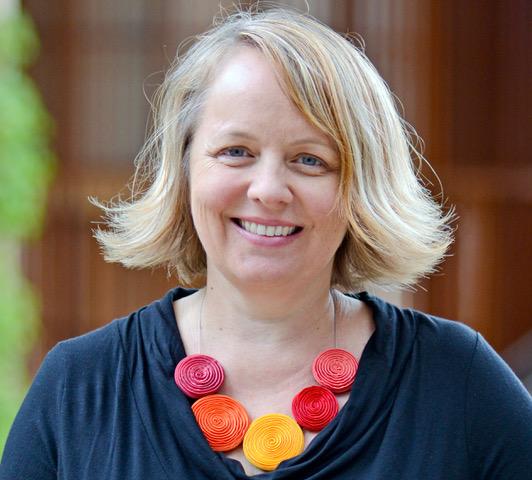Privacy, Disclosure, and Social Exchange Theory
Maintaining the privacy of one’s personal information — one’s choice of when to disclose it and to whom, how one maintains control over it, and the risks of disclosure — is one of the most important social issues of the internet era. For the past decade, privacy researchers have focused on several domains, including: documenting public opinion about privacy attitudes and expectations; understanding how user interfaces affect disclosure; and focusing on understanding interpersonal privacy dynamics within social media settings, to name a few. All of this work shares the goal of furthering our collective understanding of how people think about information privacy in online settings, what they expect when disclosing their personal information, and why they make the disclosure choices they make.
In this talk, I will discuss the findings of my dissertation research, where I took a novel approach to this problem space. Using the framework of social exchange theory to examine the effect of social structure, specifically a relational approach, on personal disclosure, I explored how the structure of relationships between individuals and companies influences individuals’ decisions to disclose personal information. I conducted a mixed methods study: a qualitative interview study with users of 23andMe’s genetic testing service and women who tracked their pregnancies using mobile apps, and an online survey experiment that used a hypothetical wearable fitness device that collects personal information as the premise of the study. My findings highlight the utility of using a relational framework for understanding personal disclosure, as well as the influence of power on personal disclosure — the extent to which individuals can control the terms under which personal information is exchanged — demonstrating that imbalances in power between individuals and companies can affect individual decisions to disclose.
Jennifer King received her Ph.D. in May 2018 from the School of Information. She is currently the Director of Consumer Privacy at the Center for Internet and Society at Stanford Law School. Her dissertation research was supported in part by the Center for Long-Term Cybersecurity, where she was an inaugural grantee in 2015.










